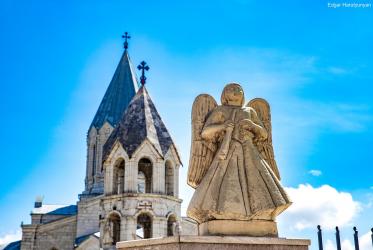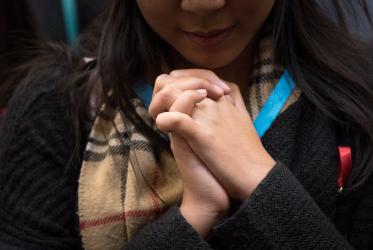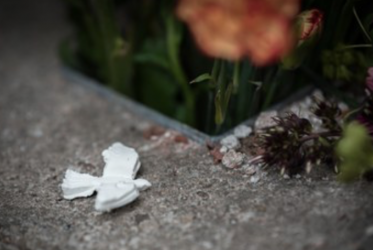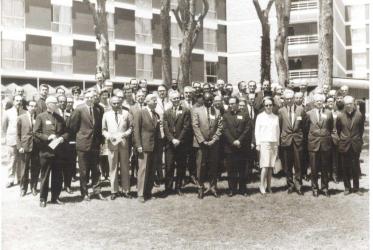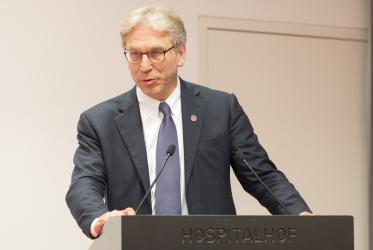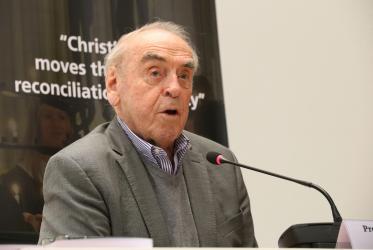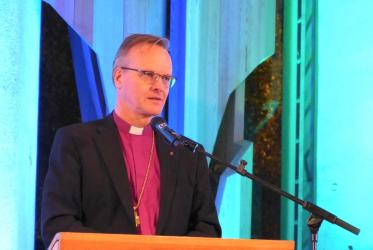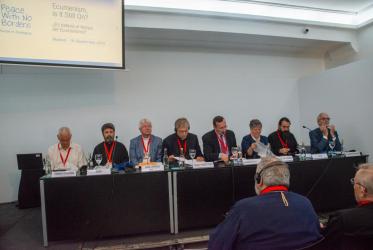Displaying 61 - 80 of 212
WCC condemns recent extremist attacks around the world
03 November 2020
In a COVID-stricken world, “everyone is important”
23 October 2020
Churches should use their voice on climate change
26 February 2020
Plans for 11th WCC Assembly build excitement across the globe
18 February 2020
WCC welcomes new staff
11 February 2020
Moltmann reflects on spirit of truth in a post-truth era
02 December 2019
Markus Imhoof film receives human rights award
10 October 2019
